What is Extended Reality (XR)?
XR developers: Extended Reality (XR) Developers is an umbrella term that encompasses Virtual Reality (VR), Augmented Reality (AR), and Mixed Reality (MR), combining the physical and digital worlds to create immersive experiences. XR technology is transforming industries such as gaming, healthcare, education, and retail, enabling users to engage with virtual environments in ways that were once unimaginable.
At the heart of XR’s development are XR developers—the creators of these immersive experiences. These tech professionals design and develop interactive applications that bridge the gap between the real and virtual worlds. As XR continues to evolve, the demand for skilled XR developers is skyrocketing. In this article, we’ll dive into the role of an XR developer, the skills required, and the impact they have on the world of immersive technology.
What Does an XR Developer Do?
XR developers specialize in creating applications that integrate the physical world with virtual elements, allowing users to experience environments or interact with digital objects in real-time. Their work involves developing software for various XR platforms such as VR headsets, AR mobile applications, and MR systems.
XR developers can focus on one or more of the following areas:
- Virtual Reality (VR):
VR developers create entirely virtual environments where users can immerse themselves. They build applications for entertainment, training simulations, education, and more, using VR devices like Oculus Rift, HTC Vive, or PlayStation VR. - Augmented Reality (AR):
AR developers design applications that overlay digital content on the real world through devices like smartphones, tablets, or AR glasses (e.g., Microsoft HoloLens, Magic Leap). AR applications can be found in industries like retail, healthcare, and manufacturing. - Mixed Reality (MR):
MR developers work on systems that blend both the physical and digital worlds, allowing users to interact with virtual objects in real time while remaining aware of their physical environment. This creates an even more immersive experience than AR and VR.
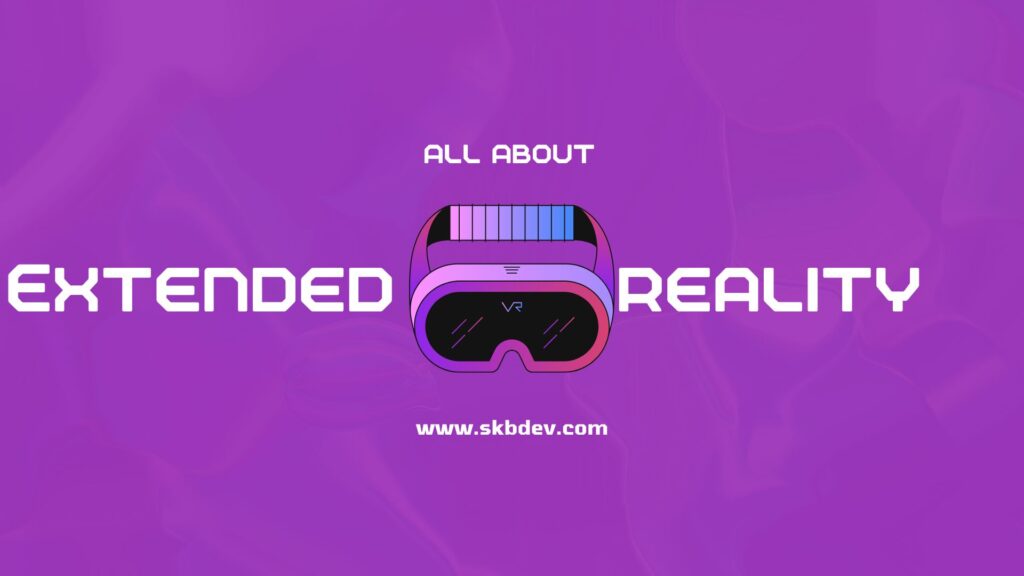
Key Responsibilities of XR Developers
XR developers wear multiple hats, working across a variety of platforms and devices. Some of their core responsibilities include:
- Designing Immersive Experiences:
XR developers create realistic and interactive virtual environments, ensuring the experience is both functional and engaging for the user. - Developing Applications for VR, AR, and MR:
They build applications tailored to specific XR platforms, such as VR games, AR mobile apps, or MR simulations for industrial use. - Integrating Hardware and Software:
XR developers must ensure that their applications are compatible with a wide range of hardware, from VR headsets to AR glasses, and optimize the software for performance and stability. - User Interface (UI) and User Experience (UX) Design:
Ensuring intuitive and comfortable user interaction within immersive environments is a significant part of an XR developer’s role. They work on designing intuitive controls and minimizing user discomfort (e.g., VR motion sickness). - 3D Modeling and Animation:
Since XR relies heavily on visual elements, developers often need to integrate 3D models, animations, and realistic environments to enhance the immersive experience. - Testing and Debugging:
Testing is crucial in XR development to ensure that apps perform smoothly across various devices and environments. Debugging ensures that any issues related to performance, visuals, or interactivity are resolved.
Essential Skills for XR Developers
To excel in XR development, a range of technical and creative skills are required. Here are the most important:
- Proficiency in Programming Languages:
XR developers must be skilled in programming languages such as C#, C++, JavaScript, and Python. These languages are essential for developing interactive applications and integrating XR technologies. - Familiarity with XR Development Platforms:
Understanding and working with XR development platforms like Unity3D and Unreal Engine is crucial. These tools allow developers to build immersive experiences for VR, AR, and MR applications. - 3D Modeling and Animation:
XR developers need knowledge of 3D modeling software such as Blender, Autodesk Maya, or 3ds Max. The ability to design and integrate realistic 3D objects and environments is fundamental to creating immersive XR experiences. - AR/VR/MR Hardware Knowledge:
XR developers should have an understanding of the various hardware used in immersive experiences, including VR headsets, AR glasses, motion sensors, and haptic feedback devices. This knowledge ensures that their software works seamlessly with the hardware. - UI/UX Design:
Creating intuitive and user-friendly interfaces for immersive environments is a crucial part of XR development. Developers need to understand how users interact with these environments and design accordingly to ensure a positive experience. - Computer Vision:
For AR and MR applications, a solid understanding of computer vision is necessary. XR developers need to implement features like object recognition, environment mapping, and spatial awareness to make digital elements interact with the real world. - Problem-Solving and Creativity:
Developing immersive applications requires innovative thinking. XR developers must be able to overcome challenges related to user comfort, performance issues, and real-world interactions while maintaining creativity in building engaging experiences.
Why Are XR Developers in High Demand?
The demand for XR developers is increasing rapidly as industries realize the vast potential of immersive technologies. Some key reasons include:
- Rise of the Metaverse:
The Metaverse, a digital universe combining virtual, augmented, and mixed realities, is gaining significant attention. Companies are investing heavily in XR to build virtual spaces, digital economies, and interactive experiences. - Gaming and Entertainment:
VR gaming is rapidly growing, and AR is being used in mobile games (e.g., Pokémon GO). XR developers are needed to create the next generation of immersive gaming experiences. - Healthcare Innovation:
XR applications in healthcare, such as VR for pain management, AR for surgery assistance, and MR for medical training, are revolutionizing patient care and medical education. - Education and Training:
XR is being widely adopted for training in industries like aviation, manufacturing, and the military. It allows for realistic, safe, and scalable training experiences. - Retail and Marketing:
Companies are using AR to enhance the shopping experience, such as virtual try-ons or interactive advertisements. XR developers are integral to implementing these innovative solutions.
How to Become an XR Developer
Becoming an XR developer requires a combination of technical skills, creativity, and hands-on experience. Here’s a step-by-step guide to getting started:
- Learn the Basics of XR:
Familiarize yourself with the concepts of VR, AR, and MR, and understand how each of these technologies works. - Master Relevant Programming Languages:
Learn languages like C# and C++, commonly used in XR development. Unity3D and Unreal Engine are two of the most popular game engines for XR development. - Understand 3D Modeling and Animation:
Get comfortable with 3D design software and how to integrate 3D assets into XR environments. - Gain Hands-on Experience:
Start building small XR projects or contribute to open-source projects. This will help you build a strong portfolio and develop practical skills. - Stay Updated with XR Trends:
XR is an ever-evolving field, so it’s important to stay informed about the latest hardware advancements, development tools, and industry trends.
The Future of XR Development
Extended Reality is set to redefine the way we interact with the digital world, and XR developers will play a key role in this transformation. Whether it’s VR for entertainment, AR for retail, or MR for healthcare, XR has the potential to reshape industries and create new, immersive experiences. As technology advances, XR developers will continue to innovate and drive the future of immersive technology.
Call to Action (CTA):
Ready to dive into the world of XR development? Start learning today and become part of the future of immersive technology!
SEO Keywords:
- XR developers
- Extended Reality development
- Virtual Reality development
- Augmented Reality developer
- Mixed Reality developer
- XR applications
- Unity3D XR development
- Unreal Engine XR
- AR VR MR developers
- Immersive technology developers

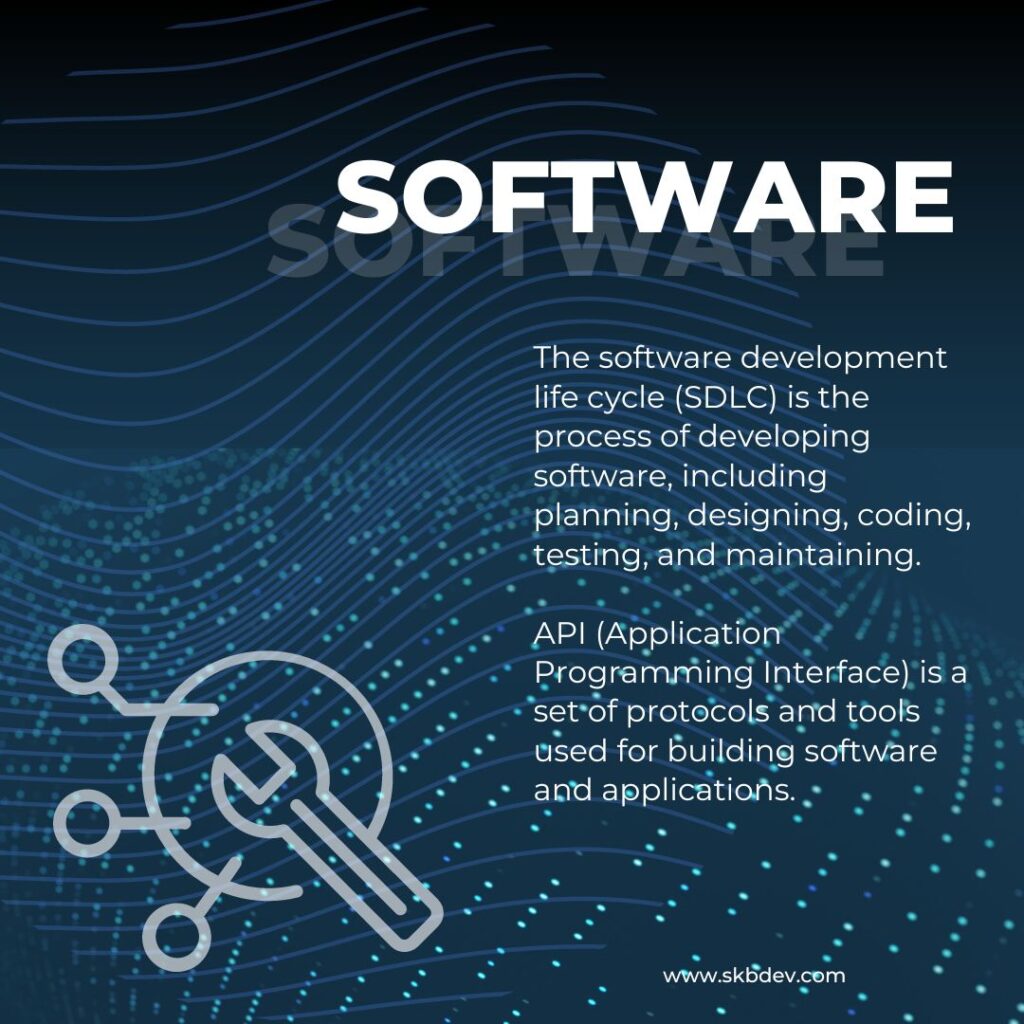


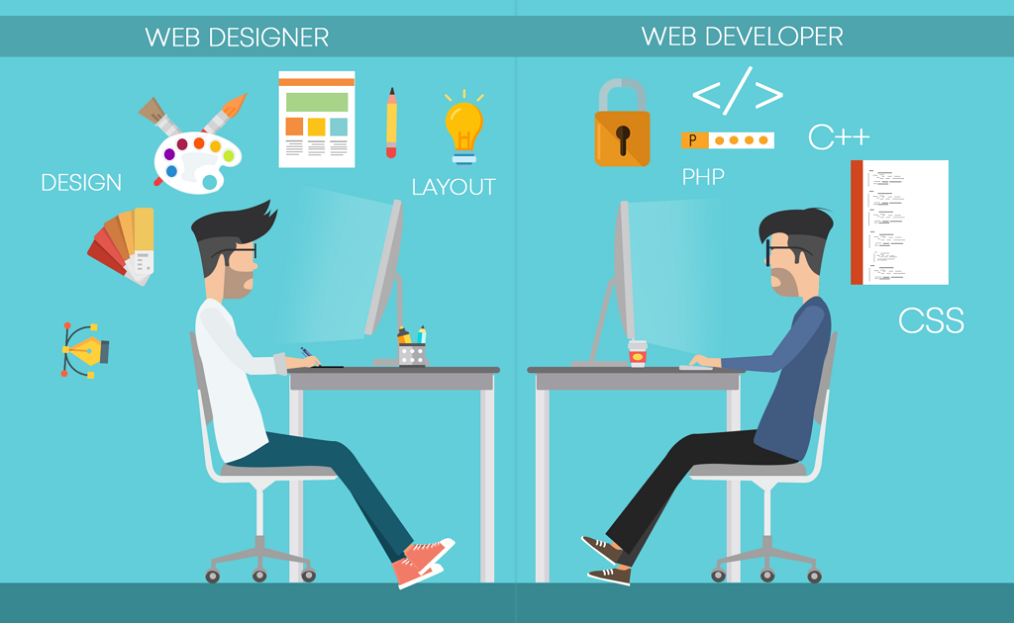


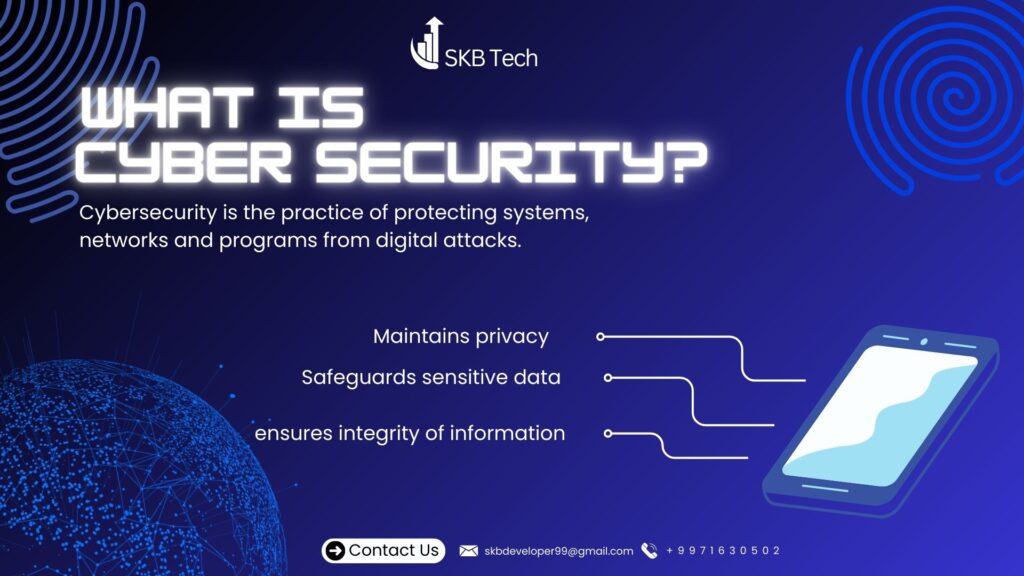
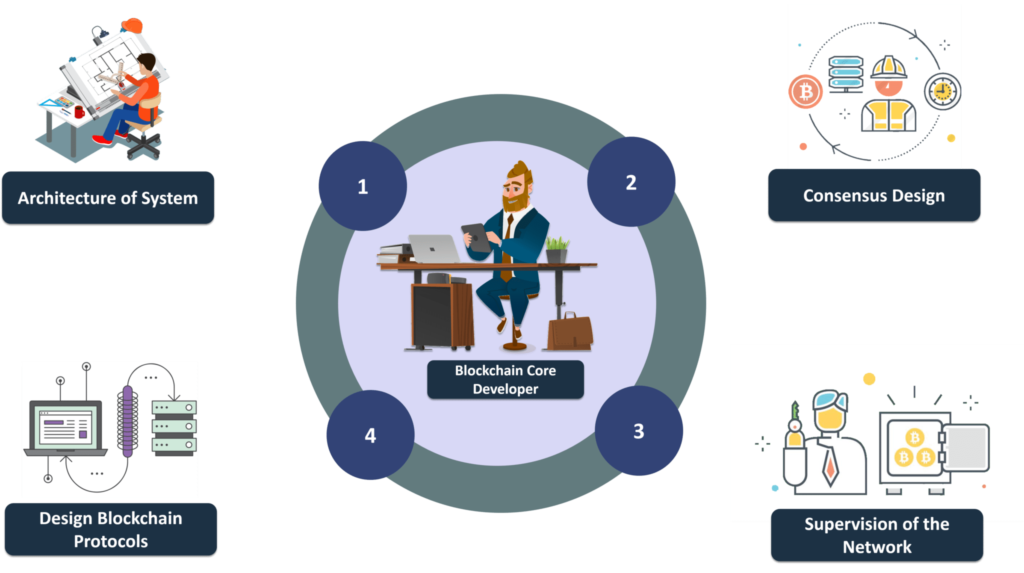
Blue Techker naturally like your web site however you need to take a look at the spelling on several of your posts. A number of them are rife with spelling problems and I find it very bothersome to tell the truth on the other hand I will surely come again again.
“Great content, learned a lot from this post!”
I loved as much as you’ll receive carried out right here. The sketch is tasteful, your authored material stylish.
What i do not realize is in fact how you are no longer actually much more wellfavored than you might be right now Youre very intelligent You recognize thus considerably in relation to this topic made me in my view believe it from numerous numerous angles Its like men and women are not fascinated until it is one thing to do with Lady gaga Your own stuffs excellent All the time handle it up
“This post has helped me solve my issue, thanks a ton!”
Noodlemagazine Pretty! This has been a really wonderful post. Many thanks for providing these details.
“Well explained, made the topic much easier to understand!”
Noodlemagazine Awesome! Its genuinely remarkable post, I have got much clear idea regarding from this post . Noodlemagazine
Businessiraq.com is more than just an Iraq business directory; it’s your strategic partner for navigating the Iraqi market. This platform provides comprehensive online business listings, while also delivering the latest Iraq business news and insightful analysis. Explore promising Iraq jobs, uncover valuable tender opportunities for procurement, and connect with local and international businesses seeking collaboration. Businessiraq.com facilitates market entry and fosters long-term growth for companies seeking to capitalize on the Iraqi economy.
Insightful Business News and Market Trends Staying informed is critical in today’s fast-paced business environment, and Businessiraq.com excels at delivering timely and relevant Iraq Business News. The site’s dedicated news section covers critical developments in the Iraqi economy, including regulatory changes, industry-specific updates, and market analysis. By consistently posting high-quality, engaging articles rich in targeted keywords, Businessiraq.com enhances its SEO visibility and allows users to stay ahead of market trends. This resource is invaluable for business leaders and investors who need accurate information to make informed decisions in a complex economic landscape.
Businessiraq.com is your go-to online resource for comprehensive insights into the Iraqi business landscape. As a premier Iraq Business Directory, this site offers an extensive listing of companies, enabling users to connect effortlessly with potential partners, suppliers, and clients across various sectors. In addition to its robust directory, Businessiraq.com features up-to-date Iraq Business News, keeping you informed about the latest market trends and opportunities. The platform also presents a dedicated Job and Tender Directory, making it easier for businesses and job seekers to explore potential employment and contract opportunities. Whether you’re looking to expand your business network or stay updated on industry developments, Businessiraq.com is your essential tool for navigating the dynamic Iraqi market.
Hello my loved one I want to say that this post is amazing great written and include almost all significant infos I would like to look extra posts like this
hiI like your writing so much share we be in contact more approximately your article on AOL I need a specialist in this area to resolve my problem Maybe that is you Looking ahead to see you
Hi i think that i saw you visited my web site thus i came to Return the favore I am attempting to find things to improve my web siteI suppose its ok to use some of your ideas
“This article is real
“Well explained, made the topic much easier to understand!”
Pingback: Blockchain Developers - SKB Development